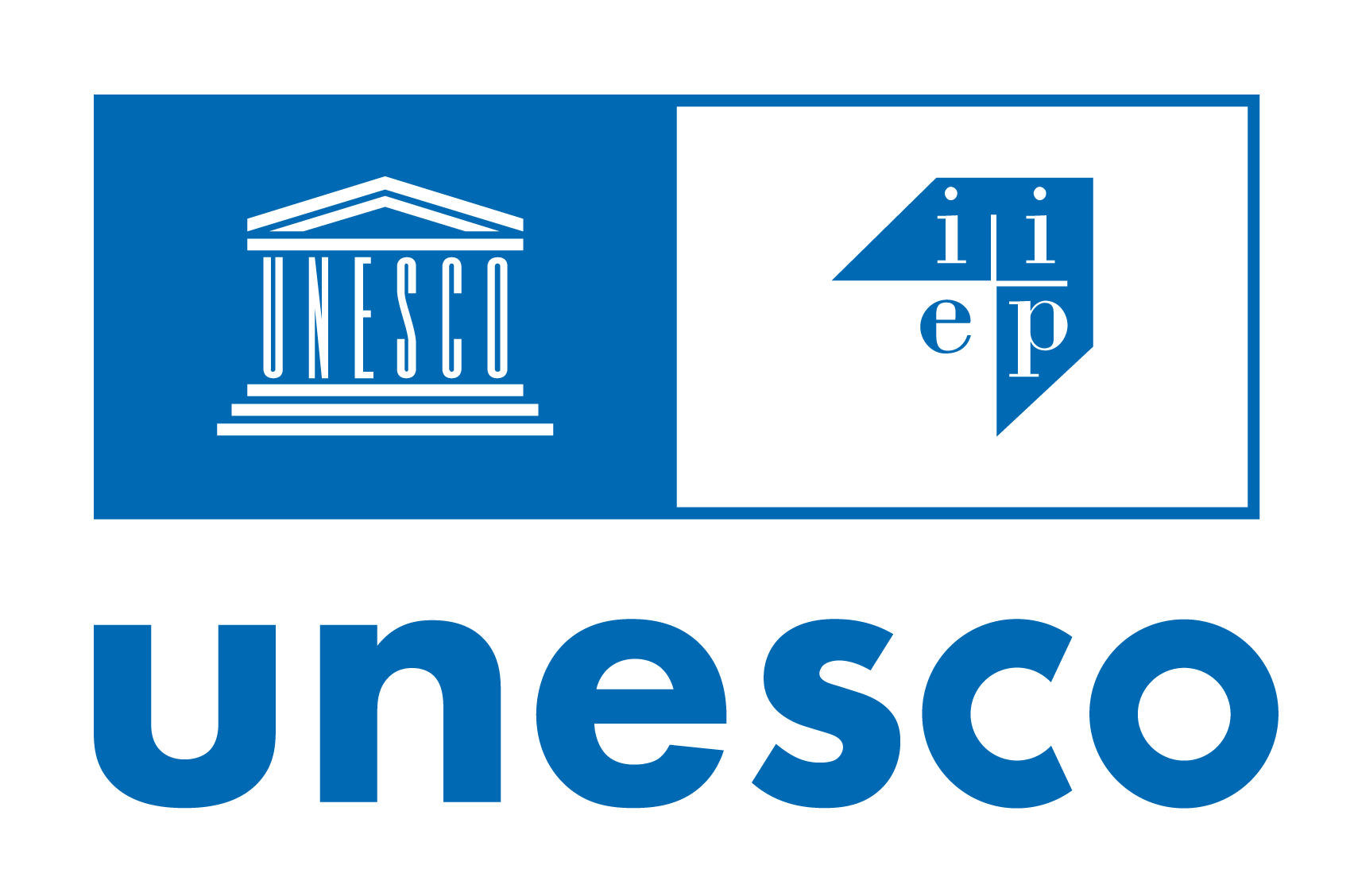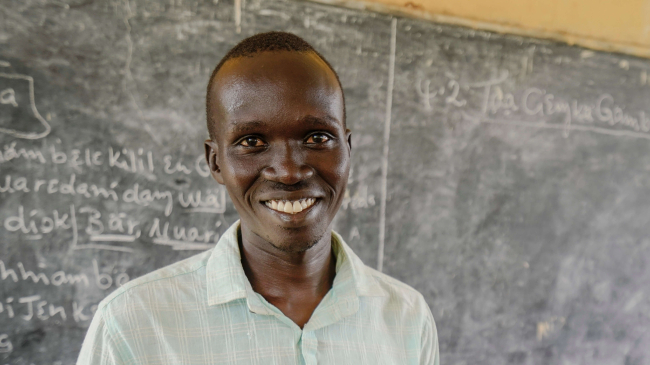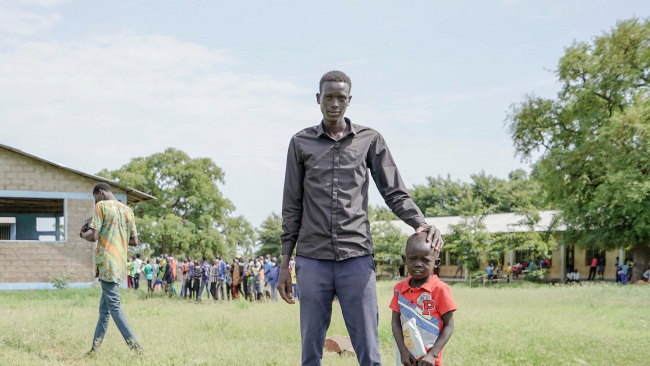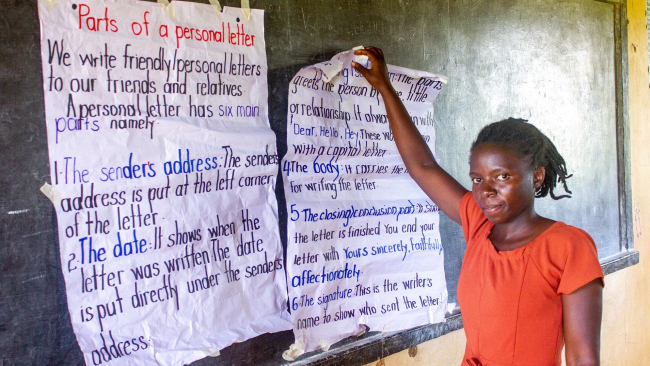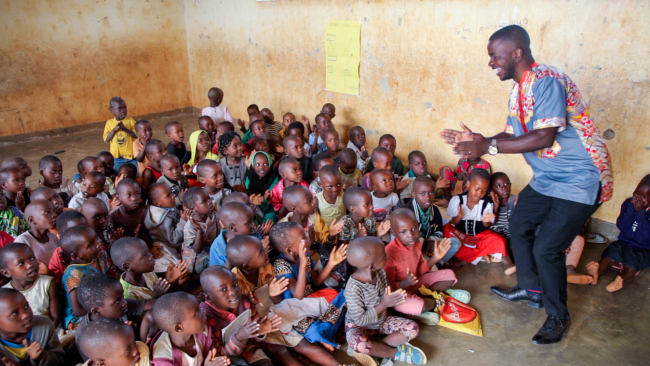Italy was the first country in Europe to implement a nationwide lockdown. Children and their families lived in nearly complete isolation for almost two months. Students missed 65 days of school compared to an average of 27 missed days among high-income countries worldwide. This prolonged break is of concern, as even short breaks in schooling can cause significant loss of learning for children and lead to educational inequalities over time. At least 3 million Italian students may not have been reached by remote learning due to a lack of internet connectivity or devices at home.
This report explores children’s and parents’ experiences of remote learning during the lockdown in Italy, drawing on data collected from 11 European countries (and coordinated by the European Commission’s Joint Research Center). It explores how children's access and use of digital technologies changed during the pandemic; highlights how existing inequalities might undermine remote learning opportunities, even among those with internet access; and provides insights on how to support children’s remote learning in the future.
